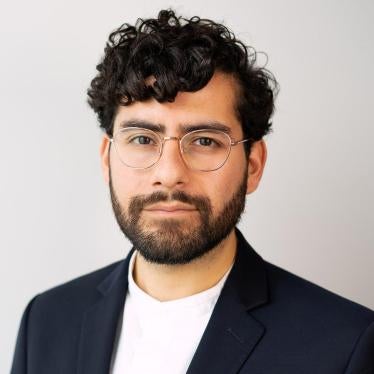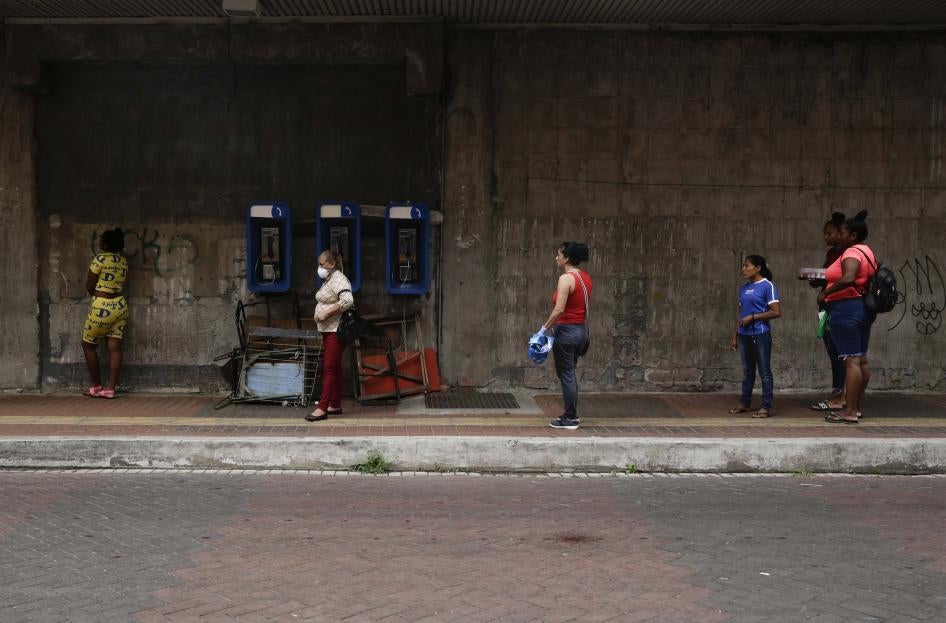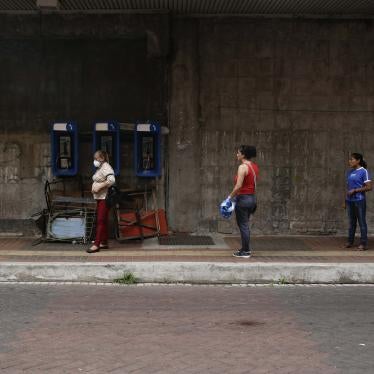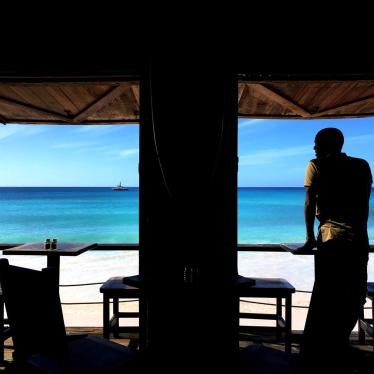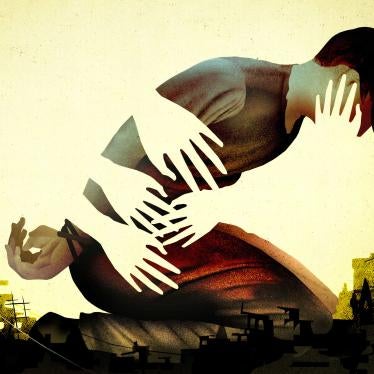Imagine this scenario. You are a man, you wear men’s clothes, you may even have facial hair. One day, the government segregates men and women and you are told you can only go out on women’s day. You follow these new rules, but everyone stares at you on the street because you do not look like a woman. When you try to enter a supermarket, bank, or pharmacy, you have to explain to the guard that, despite your masculine appearance, your identification says “female.” Sometimes they let you in, sometimes they do not. One day, a police officer stops you for being out on “the wrong day” and arrests you.
This story is representative of what many transgender men and women are experiencing in Panama today. Intolerance and misunderstanding is nothing new to the transgender community, but the gender-based quarantine that began on April 1 has exacerbated these experiences. In the context of Covid-19, this discrimination means transgender people face hurdles to get basic necessities, like food and medicine. In some cases they have been unjustly jailed when seeking these necessities. For many trans people, this heightened vulnerability has also had a psychological impact, a feeling of profound isolation and despondency. Some have sworn to flee the country as soon as the pandemic subsides.
“You just want to go out any day you please! Stop complaining during a pandemic and just follow the rules!” This is a common refrain that transgender people in Panama hear from security guards, passersby, or social media users. Yet, the majority of trans people are following the rules in good faith. They are circulating according to the sex marked on their identification documents. Yet, a trans man—someone who was given a female sex marker on their documents at birth but who identifies as male—often stands out if he goes out on a day assigned to women because he “looks like a man.” The same goes for a trans woman who goes out on a day assigned to men. At that point, it is up to the discretion of a private or public security agent whether a trans person will be able to purchase essential items or walk freely in their own neighborhood.
Since April, human rights organizations have been asking the government to rectify this situation for trans people under quarantine, including Human Rights Watch, which published an open letter to President Cortizo on April 24 and a report on July 13. On May 11, the Public Security Ministry stated that it “has spoken with the security sector to prevent any type of discrimination against the LGBTI population.”
Then, on July 16, five government ministries and the Ombuds’ Office made a statement acknowledging the reports of discrimination against transgender people specifically. The statement also denounced transphobia, affirmed that Panama respects “the diversity of identity and expression,” and called upon public and private entities to stop discrimination. Perhaps most significantly, it raised the possibility of sanctions for people who are found to have discriminated.
For a country with no legal protections for trans people against discrimination, this statement was important, signaling that the government heard trans people’s voices. Many trans people still wonder, however, whether this statement will have any impact on their daily lives. The government still requires them to go out on the day that corresponds to the gender on their identification document, not on the day of the gender with which they identity. This means they will continue to stand out in the streets. Many hope that the prospect of sanctions will stop guards from refusing trans people entry to establishments, or police from arresting them. It will be up to the government to make sure that security officers know, understand, and respect the government’s policy.
One day Covid-19 will just be a horrid memory for Panama. However, it would behoove the government to ensure that discrimination against transgender people becomes, too, at thing of the past. One step is to pass legislation permitting transgender people to acquire documents that reflect their gender identity – right now they must go through sex reassignment surgery to achieve this. Another important way the government can stem discrimination is to create public education campaigns on gender and sexual diversity through schools, community organizations, and social media.
The July 16 statement affirmed that “the Panamanian State is based on democracy, equality, and non-discrimination.” Only through concerted efforts to eliminate the stigma and prejudice against trans people will the country be able to live up to these values.
